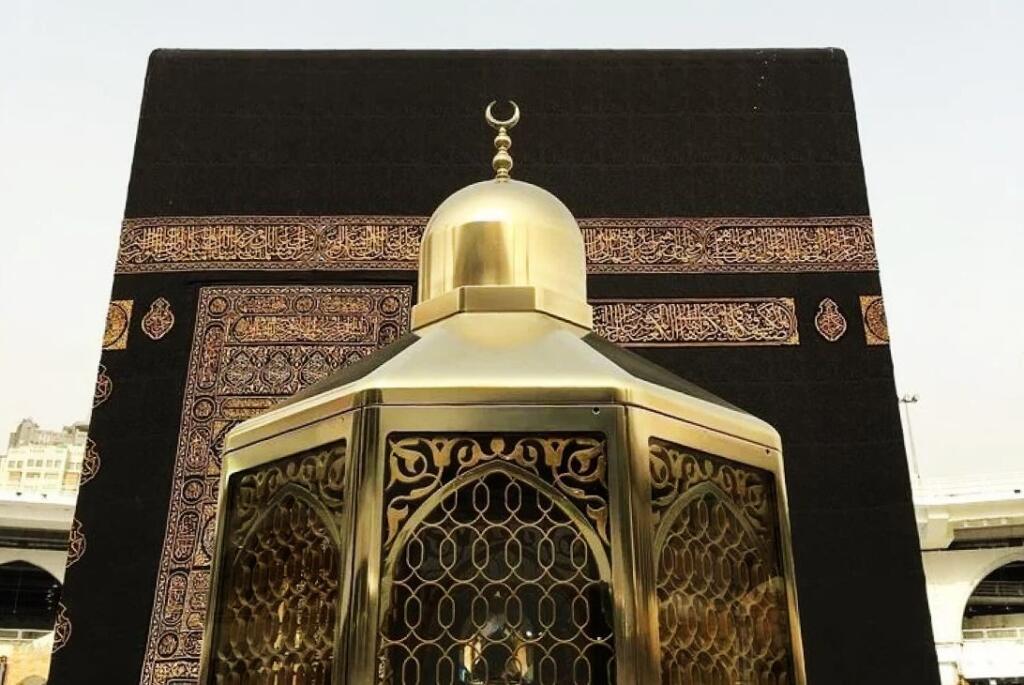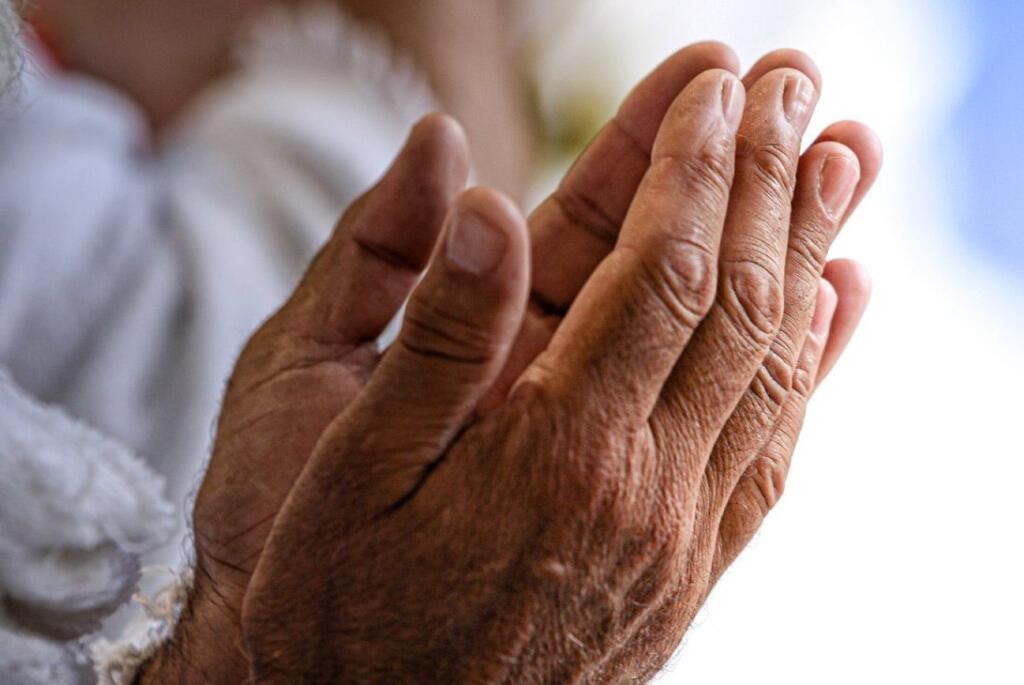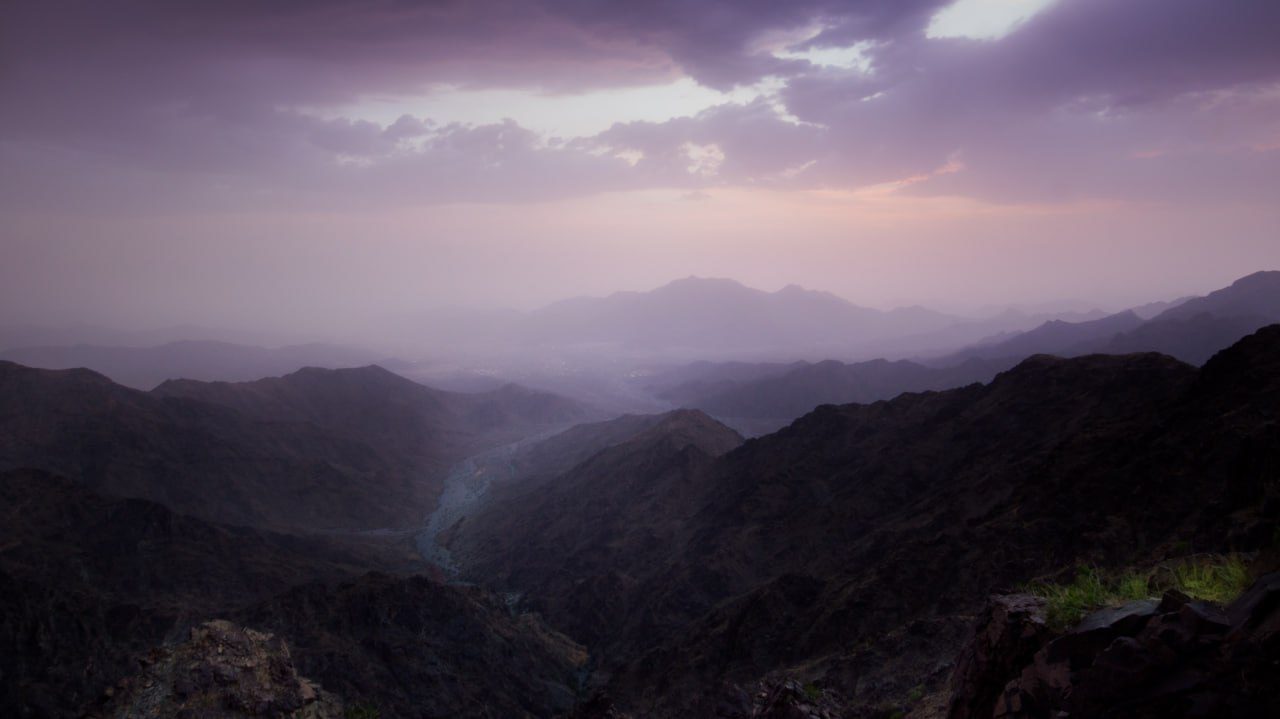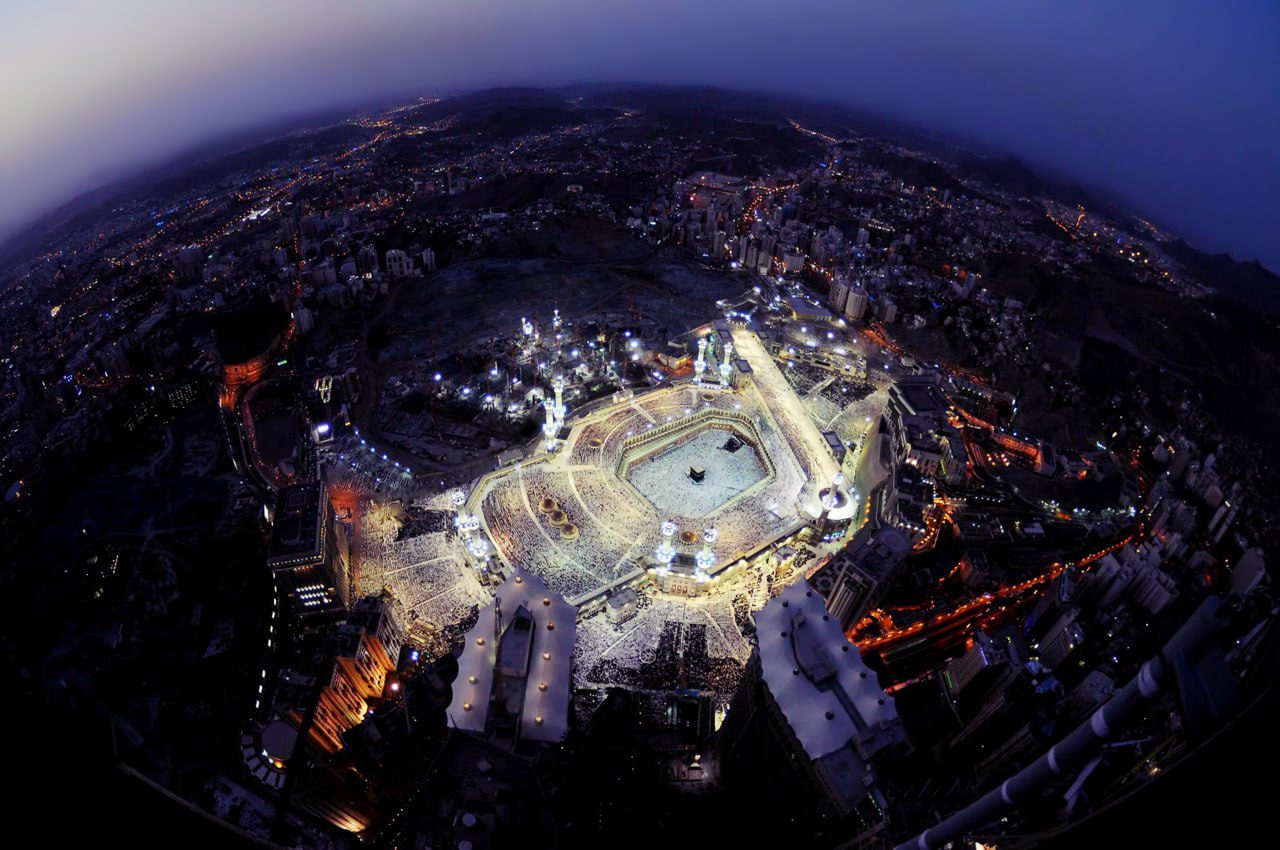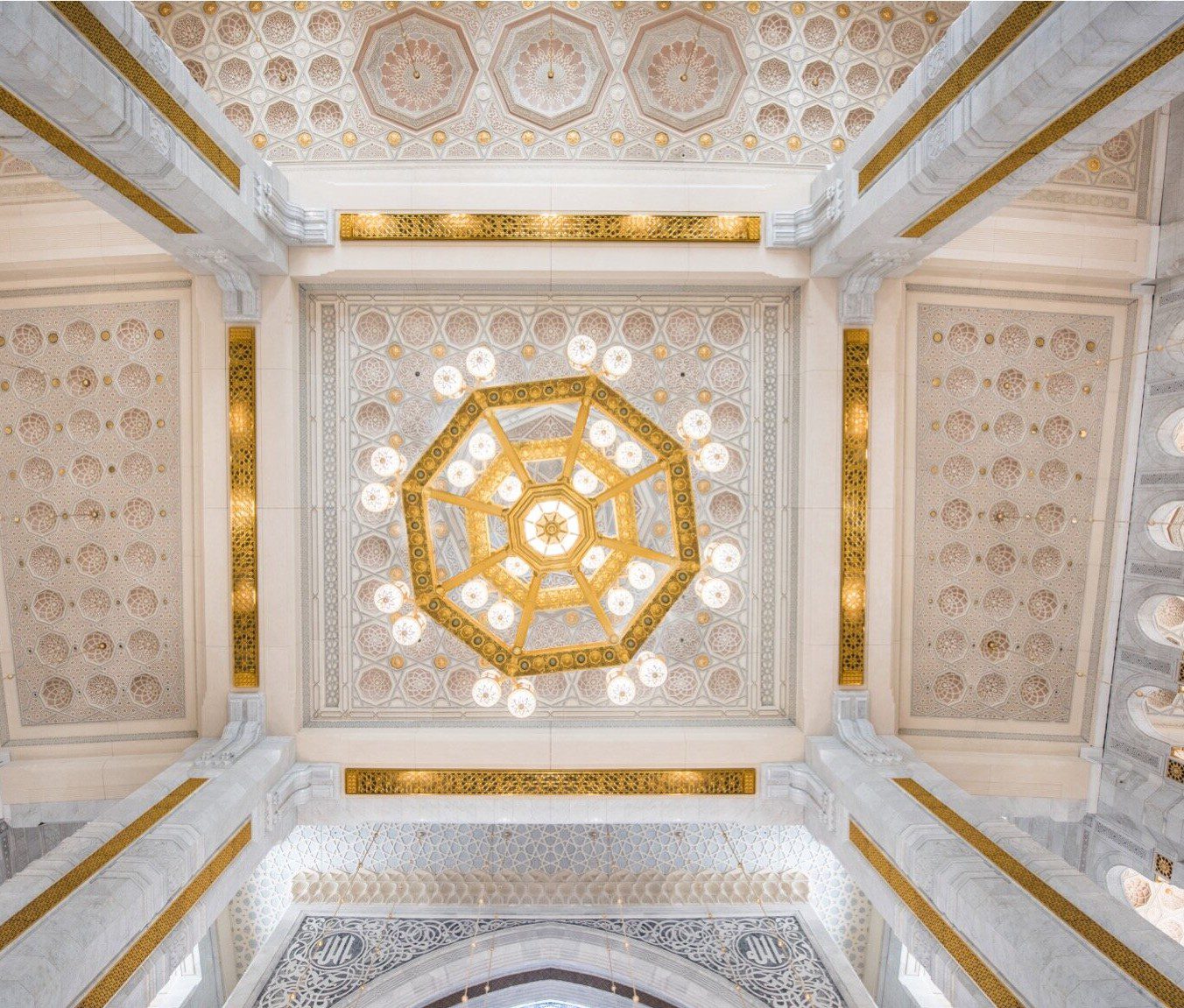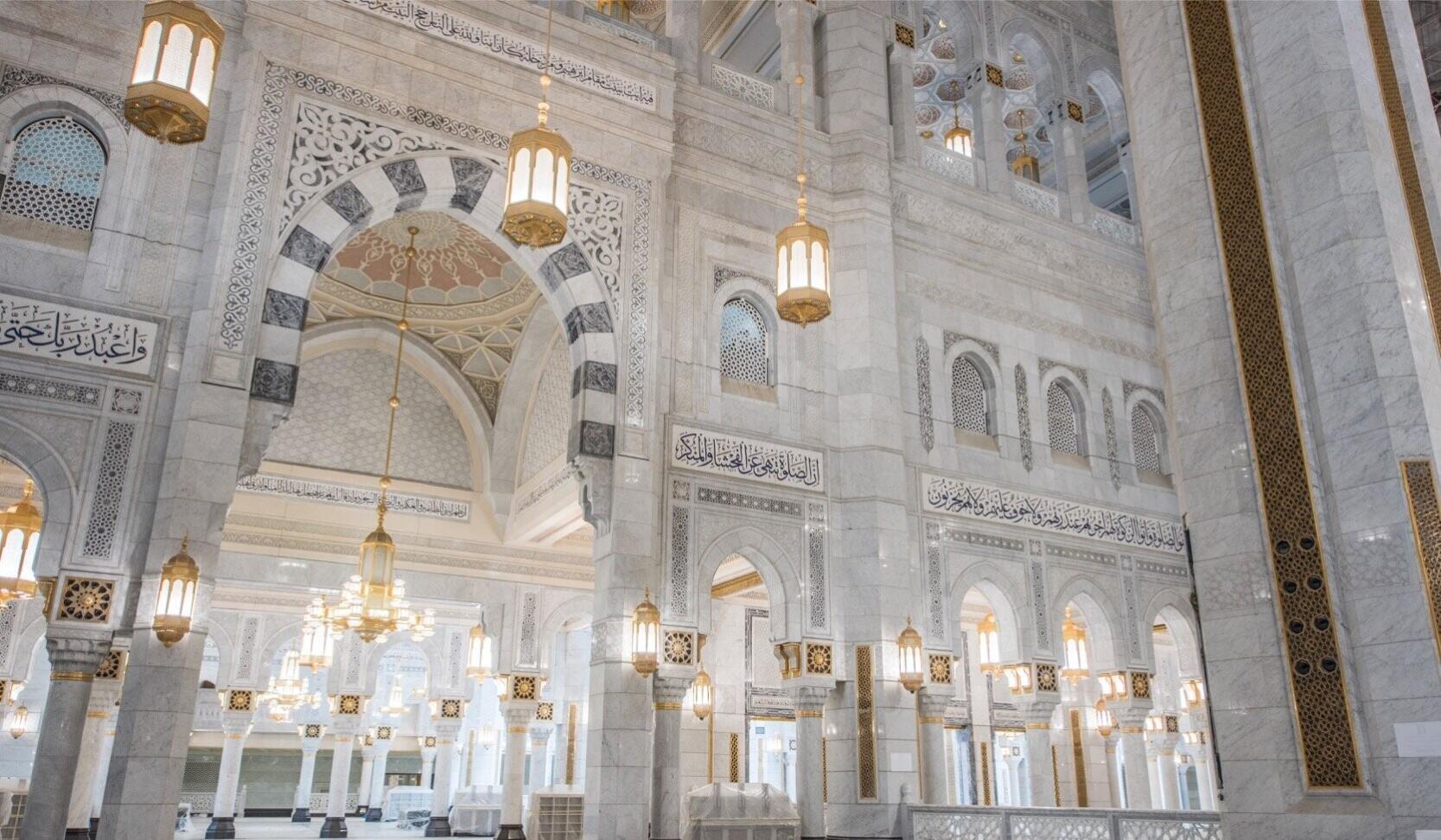Dhikr is the essence of ḥajj. At each stage of the journey, Allah ﷻ commands dhikr: ʿArafah, al-Mashʿar al-Ḥarām (Muzdalifah), the sacrifice, and the Days of Tashrīq. The Prophet ﷺ said, “Ṭawāf around the Kaʿbah, walking between Ṣafā and Marwah, and the stoning of the Jamarāt were only prescribed to establish the remembrance of Allah” (Tirmidhī).
When Allah ﷻ commanded His close friend Ibrāhīm (ʿalayhis-salām) to proclaim the pilgrimage to the people, He ﷻ said: “Proclaim the pilgrimage to all people. They will come to you on foot and on every lean camel, travelling through every deep mountain pass. so they may obtain the benefits (in store) for them, and remember the Name of Allah on appointed days over the sacrificial animals He has provided for them…” (22:27-28). In this verse, Allah ﷻ clarifies the purpose of the pilgrimage: dhikr. Ḥajj, at its core, is a journey of remembrance.
The Best Pilgrims
A man asked the Messenger of Allah ﷺ, “Which warriors are the best?” He ﷺ replied, “Those who remember Allah the most.” The man asked, “Which of those who fast are the best?” He ﷺ replied, “Those who remember Allah the most.” Then the man mentioned ṣalāh, zakāh and ḥajj, and each time the Messenger of Allah ﷺ replied, “Those who remember Allah the most.” Abū Bakr (raḍiy Allāhu ʿanhu) said to ʿUmar (raḍiy Allāhu ʿanhu), “Those who remember (Allah) have taken all the good,” at which the Messenger of Allah ﷺ remarked, “Yes, indeed!” (Aḥmad).
Thus, the pilgrim who engages in the most dhikr is the one who receives the greatest reward. Dhikr is not limited to words, but includes all actions that bring a person closer to Allah.
Racing for Rewards
During the final pilgrimage, the Prophet ﷺ said, “Keep walking, this is Jumdān (a mountain near Makkah). The ‘Mufarridūn’ have outdone everyone.” The Companions (radiy Allāhu ʿanhum) asked, “Who are the ‘Mufarridūn?’” He ﷺ replied, “The men and women who frequently remember Allah” (Muslim).
Some of the Companions had raced ahead of others in this physical journey. The Prophet ﷺ took this opportunity to remind them that the real journey is the journey of the heart to its Creator. And that the secret to racing ahead in this journey is abundant dhikr. Thus, the true winners are those who remember Allah the most.
The Secret of Dhikr
Dhikr is not just a repetition of words. Its secret lies in tafakkur: deep reflection and the presence of the heart. Doing dhikr with the presence of your heart will lead you to knowing Allah, and awakening your love and shyness of Him. It also leads you to fearing Him and being mindful of Him. It prevents you from falling short in obeying Him, and protects you from belittling sins. Remembering Allah with your tongue alone does not produce these benefits; and if it does produce any of these benefits, they will be minimal.
To do dhikr mindfully, reflect on Allah’s Perfect Names, and His signs around you: humans, animals, nature etc. Contemplating the beauty, harmony and vastness of the earth, the solar system, and the heavens will help you appreciate Allah’s greatness.
Today, we live in an age of distraction. Our hearts are clouded by endless disturbances, images and doubts, which leave us struggling to focus when doing dhikr. Physically and mentally detaching ourselves from our devices at certain times is vital if we wish to experience the reality of dhikr.
Tip: Perform your morning and evening adhkār outside, especially on days when the skies are clear and you can appreciate the beauty of Allah’s creation. Remember to switch off your smartphone.
Ibn al-Jawzī (raḥimahullāh) explains, “The heedless one says سُبْحَانَ الله out of habit. As for the conscious one, he is constantly thinking about the wonders of creation, or the awesome nature of the Creator, and this thinking drives him to say سُبْحَانَ الله. Thus, this tasbīḥ is the fruit of these thoughts, and this is the tasbīḥ of the conscious ones …
Likewise, they think about the ugliness of past sins, and this leads them to ponder, to have anxiety and to have regret. The fruit of this thought is that they say أَسْتَغْفِرُ الله. This is the true tasbīḥ and istighfār. As for the heedless, they merely utter these out of habit. And what a difference there is between the two types…”
A Lifetime of Dhikr
Specified Times & Places for Dhikr During Hajj
- Al-Mashʿar al-Ḥarām (Muzdalifah) (2:198)
- Days of Minā (2:200)
- Days of Tashrīq (2:203)
- Sacrificing the animal (22:28)
- Ṭawāf (Tirmidhī)
- Saʿy (Tirmidhī)
- Pelting the Jamarāt (Tirmidhī)
Along with the aforementioned times specified for dhikr, you should fill your days with both general dhikr (e.g. saying subḥānallah, alḥamdulillah in unlimited quantities) and the specific daily dhikr (e.g. morning and evening adhkār, after ṣalāh).
Being in sacred places softens the heart and makes it easier to remember Allah with reflection. Use your time in ḥajj to train yourself in mindful dhikr; not just with words, but with full presence of heart. Let it become a habit that stays with you long after your ḥajj ends.
To learn more about the deeper meanings of various adhkār and their virtues, refer to ‘My Dhikr Companion’ by Life With Allah or the free Dhikr&Dua app.
“The best and most beneficial dhikr is when one remembers Allah with the tongue and the heart, it is from the Sunnah adhkār, and one is conscious of its meaning and its purpose.” – Ibn al-Qayyim (raḥimahullāh)

